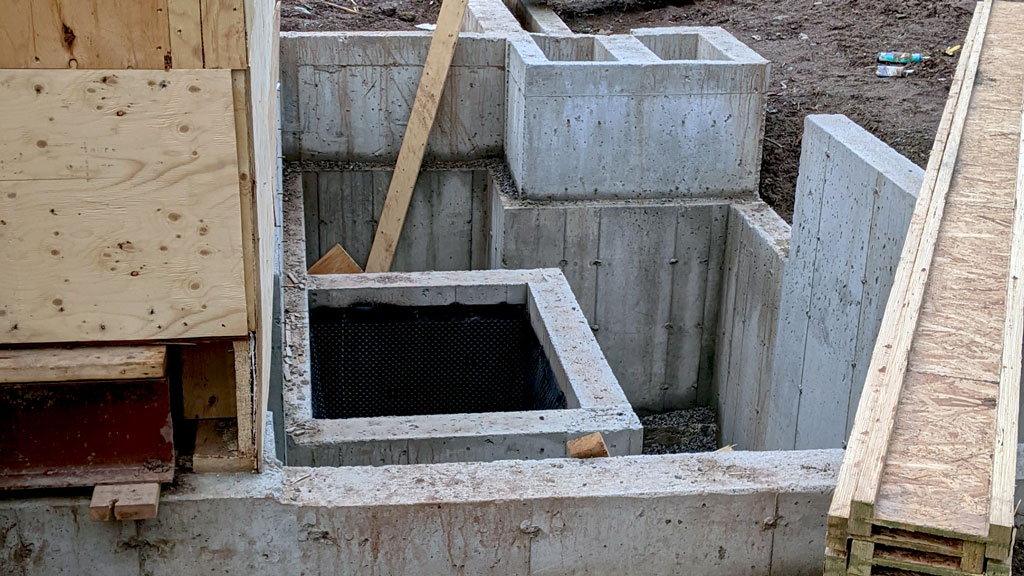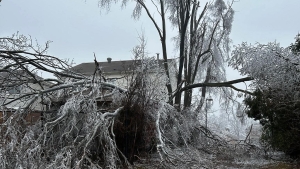New statistics released by the Ontario government show the incidence of unsafe excavations and locates at construction sites returned to close to normal levels in 2021 after a dip the year before, leading government inspectors to conclude the positive compliance numbers of 2020 were just a COVID blip.
Ministry of Labour, Training and Skills Development (MOL) health and safety specialist Matthew Neundorf presented Occupational Health and Safety Act excavation enforcement data from the last five years of inspections during an online Dig Safe workshop presented by the Ontario Regional Common Ground Alliance recently.
The numbers for 2020 showed a significant drop in stop work and other orders issued but they trended back up last year – less than those from 2017 to 2019, but still concerning, he said.
“Last year we were hopeful because we saw a decline in the number of orders that were being issued and we were hoping that it wasn’t just potentially pandemic related,” Neundorf said. “Unfortunately, it seems that trend is kind of reversing itself and we’re slowly approaching what was the norm before 2020.”
Section 234(1) enforcement dealing with trenches and shoring resulted in 2,095 orders issued from 2017 to 2021. The high prior to 2020 was 466 orders, in 2019, but the number dropped to 340 in 2020. Last year, it was back up to 423, the same as in 2017.
“Most of those ended up being stop work orders and it’s because if there’s a problem with the walls of an excavation either not being supported, shored or sloped appropriately, this creates an immediate hazard to workers and is one of our four ‘killer contraventions,’” said Neundorf.
Inspections of locates and underground services over the five-year period followed a similar enforcement pattern: of 256 orders given, 2018 had the highest total, with 66 orders, 2020 had the lowest total, 32, and last year there were 40 orders issued.
Over five years, 43 tickets or summonses have been issued for violations of s. 224, prohibiting entry to a non-compliant excavation; 18 for s. 228 violations requiring valid locates, and others for failure to keep the top of excavations clear, improper shoring and sloping, inadequate ladder access for workers, and poor positioning of the support system above excavation walls.
With locates enforcement, Neundorf said, “There might be a complaint because a worker might have seen locates that are outdated or maybe they are finding that now they’re being asked to dig in places that are outside of the located areas.”
Since 2017 there have been four fatalities caused by improper excavations or grading, 26 critical injuries and 31 other injuries.
“I look at the stats and it’s sad to see that people are still getting hurt or there’s fatalities in the workplace,” commented session host Tony Harnett, a veteran damage prevention inspector with Enbridge. “Nobody goes to work with the intention of getting hurt, so there’s always room for improvement.”
The MOL is aiming to conduct outreach and a blitz in the sector later this year if COVID does not cause rescheduling. The education, outreach and awareness phase is tentatively scheduled for Sept. 5 to Nov. 4 and the more targeted inspection phase is planned for the latter half of that period, Oct. 3 to Nov. 4.
“The two phases that are involved in all of our initiatives always begin with an awareness stage where we try and engage the industry and present some materials that will help prepare them to achieve compliance and try and direct them into different areas and avenues with our health and safety partners that might enable them to obtain some specialized training or developing checklists or other awareness documentation,” Neundorf explained.
Orders are generally issued more quickly if there is a contravention observed during phase one, he said. In the second phase, enforcement efforts are ramped up with more stringent orders issued and potential other levels of enforcement.
“It seems that the industry is maintaining the status quo and we want to see that stop,” said Neundorf of the pre-COVID statistics. “Hopefully, things like our initiatives will be able to help with that.”
Follow the author on Twitter @DonWall_DCN.











Recent Comments
comments for this post are closed